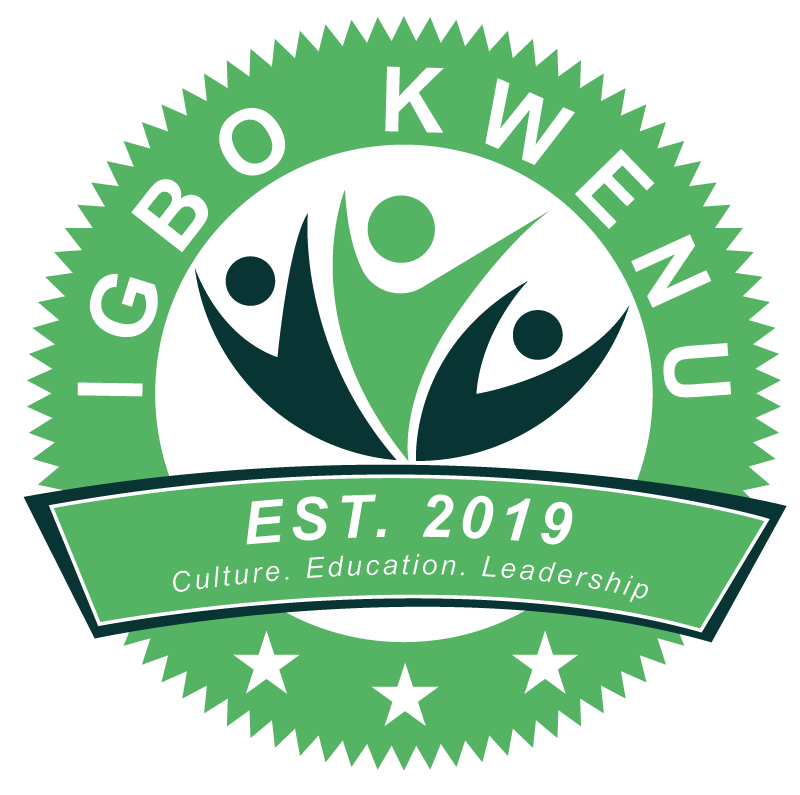Igbo History
In Nigeria, the Igbo people are an ethnic group living primarily in the Abia, Anambra, Ebonyi, Enugu, and Imo States, as well as the Delta and Rivers States. There are almost 32 million Igbo in the country, making up more than 15% of the population. In the diaspora, Igbo people are found throughout the world, with the largest population in the United States—more than 227,000 people. Igboland, also known as Southeastern Nigeria, is the indigenous homeland of the Igbo, divided into two sections by the Niger River, with the larger part on the eastern side. The Igbo are one of the largest ethnic groups in Africa.
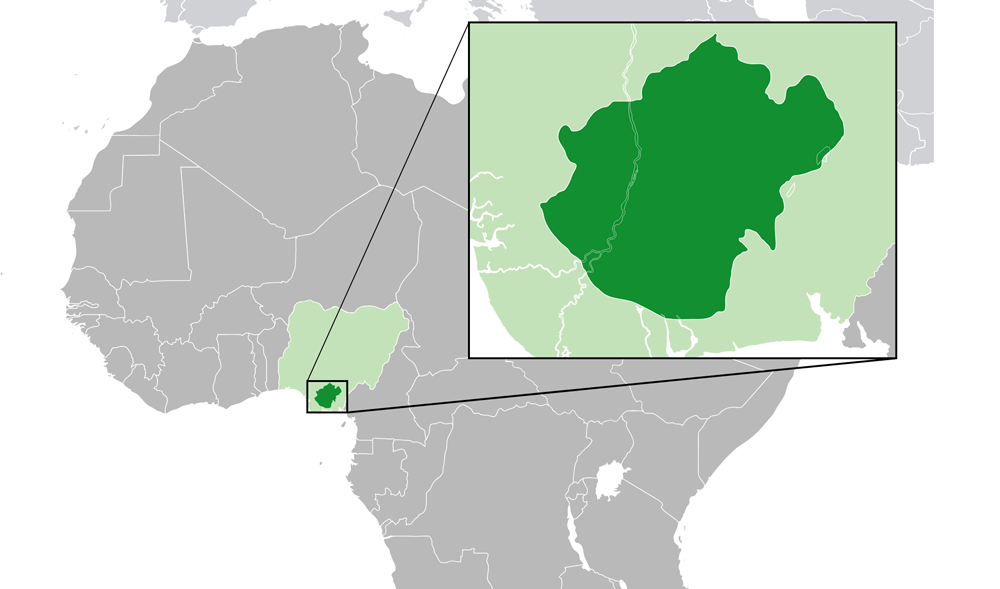
The history of Igbo origins are largely unknown, although there is much speculation. There is evidence of human presence in Igboland from at least 10,000 years ago, the late Paleolithic or Later Stone Age (LSA). Settlements have been dated from 6,000 B.C., based on pottery, tool making evidence, fossils, and monoliths found in the region. However, anthropologists say it’s not clear what the cultural links are between these pre-historic artifacts and the people of Igboland today.
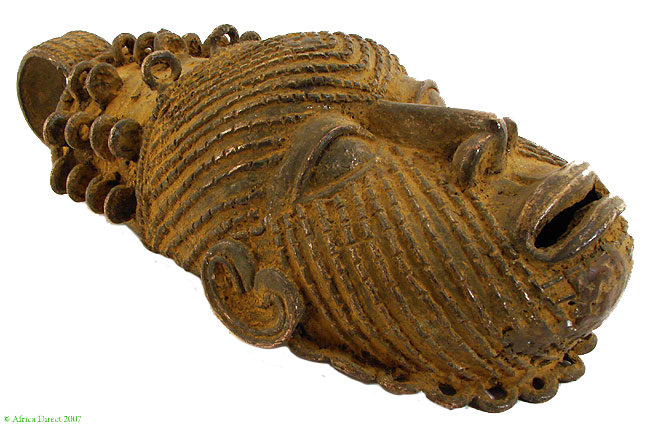
The earliest bronze items that can be identified as Igbo date to the 9th century A.D. Archeologists believe the northern Igbo Kingdom of Nri, from the 10th to the 16th centuries, established the foundation of much of the Igbo culture, customs, and religious practices.
In 1434, Portugese became the first European merchants to contact local kingdoms along the Niger coast. Portuguese slave traders transported people in the region, including Igbo, across the Atlantic to Brazil. Slave traders from other European nations followed, making the area a vital hub of the Atlantic slave trade. Igbo were sent to many colonies, including Jamaica, Cuba, Santo-Domingo, Barbados, Colonial America, Belize, and Trinidad and Tobago, where elements of Igbo history and culture are found to this day.
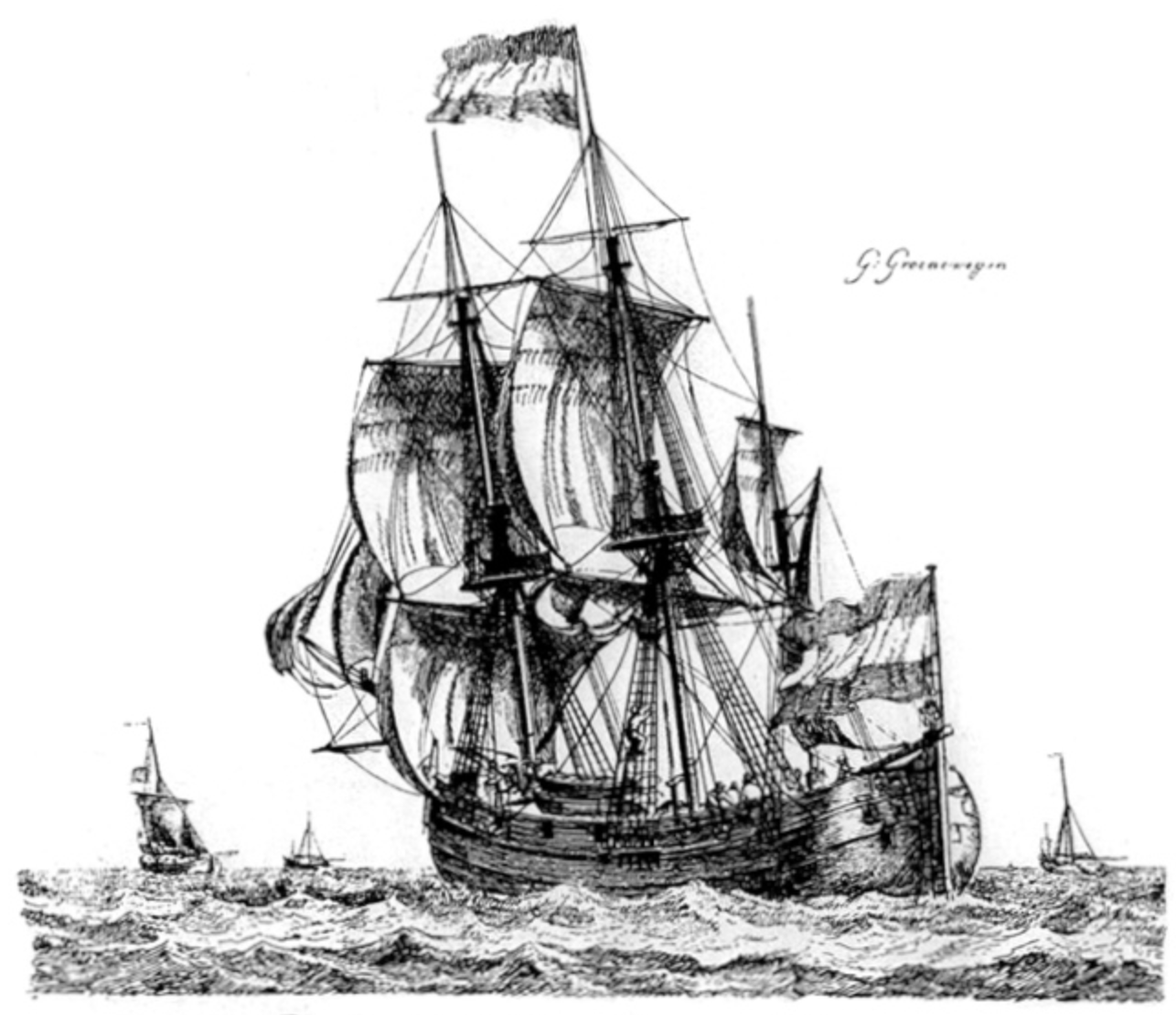
Slave trade was gradually outlawed in European countries during the 19th century, which shifted their focus to colonialism. It should be noted that before European contact, Igbo trade routes stretched across Africa and as far as Mecca, Medina, and Jeddah in the Middle East.
After the British parliament abolished slavery in 1807, other trade with the Igbo continued. Christian missionaries began arriving in the 1850s and the Igbo started to embrace Christianity and Western education. The British colonized Nigeria in 1884 and distinctions became sharper among the Igbo and the country’s two other large ethnic groups, the Hausa and the Yoruba.
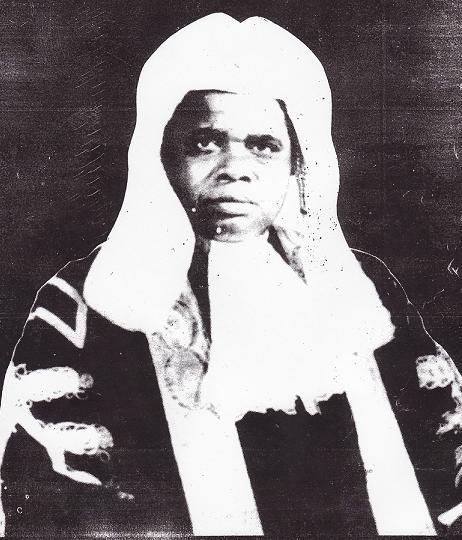
After independence from British rule in 1960, most of Igboland was included in the country’s Eastern Region. On May 30, 1967, a regional council decided to secede from Nigeria as the Republic of Biafra. This precipitated the Nigerian Civil War which lasted until January 15, 1970, after which Igboland was re-united with Nigeria and remains part of the country to the present day.
